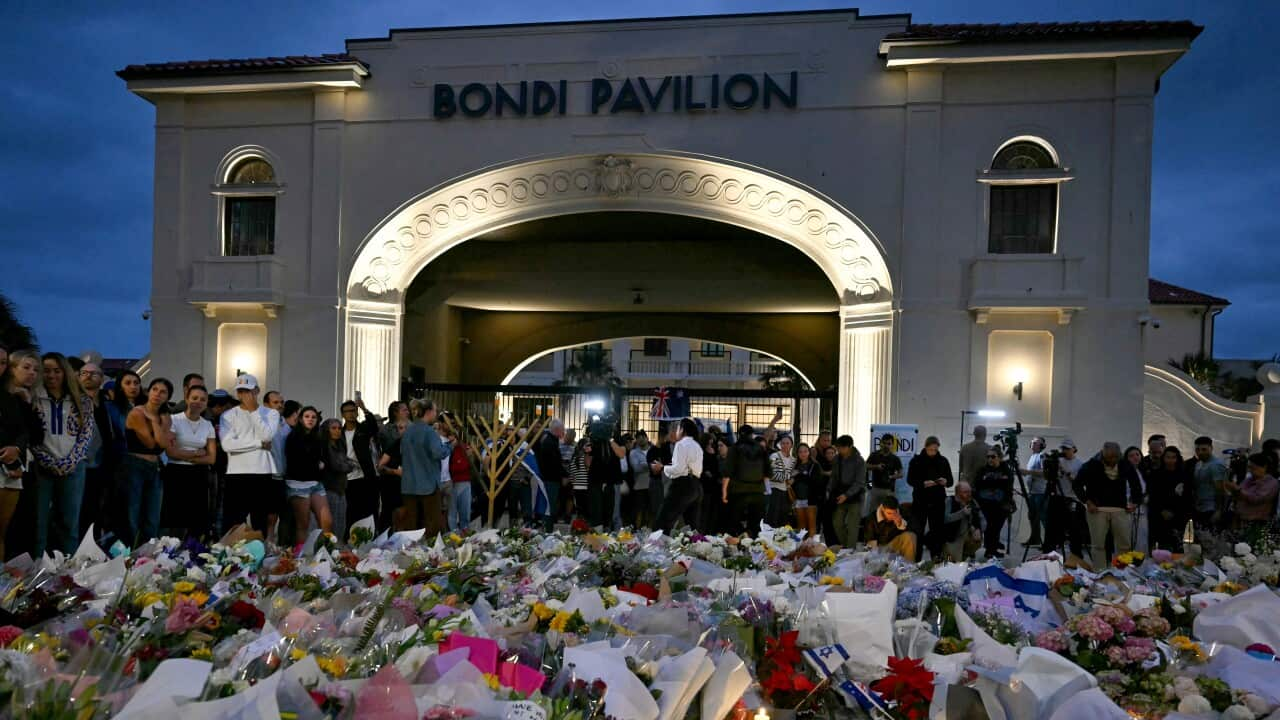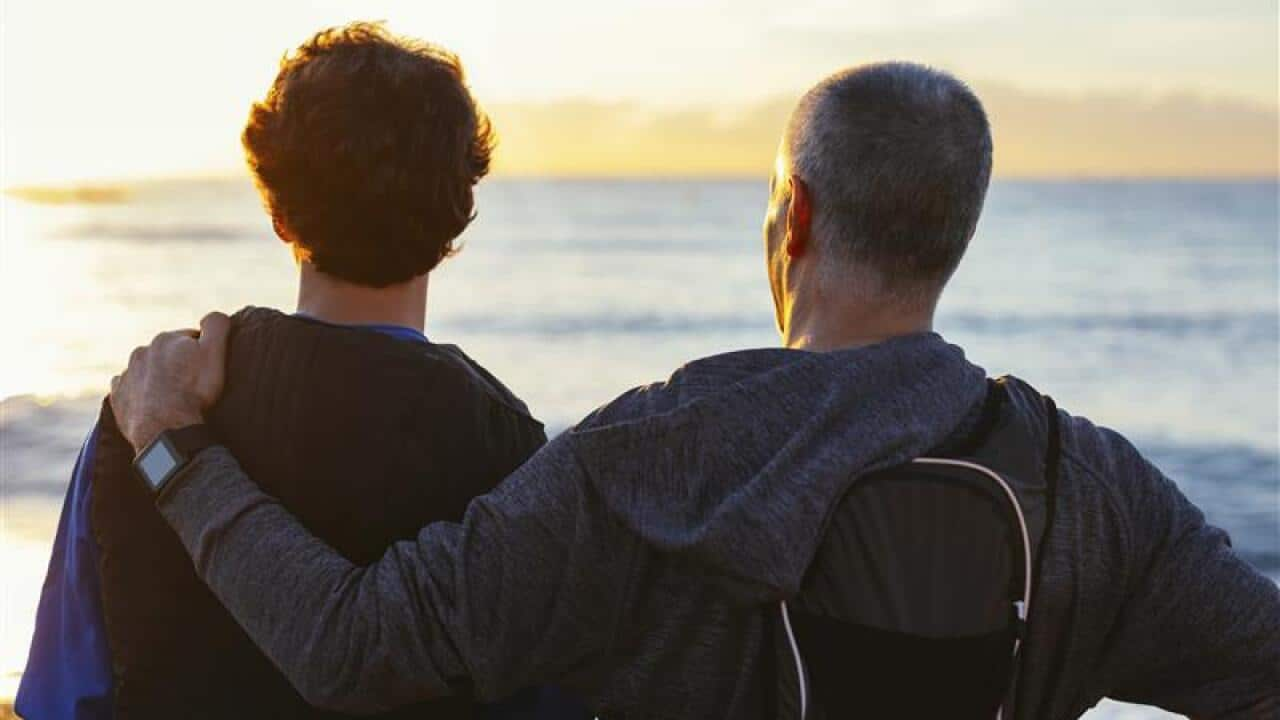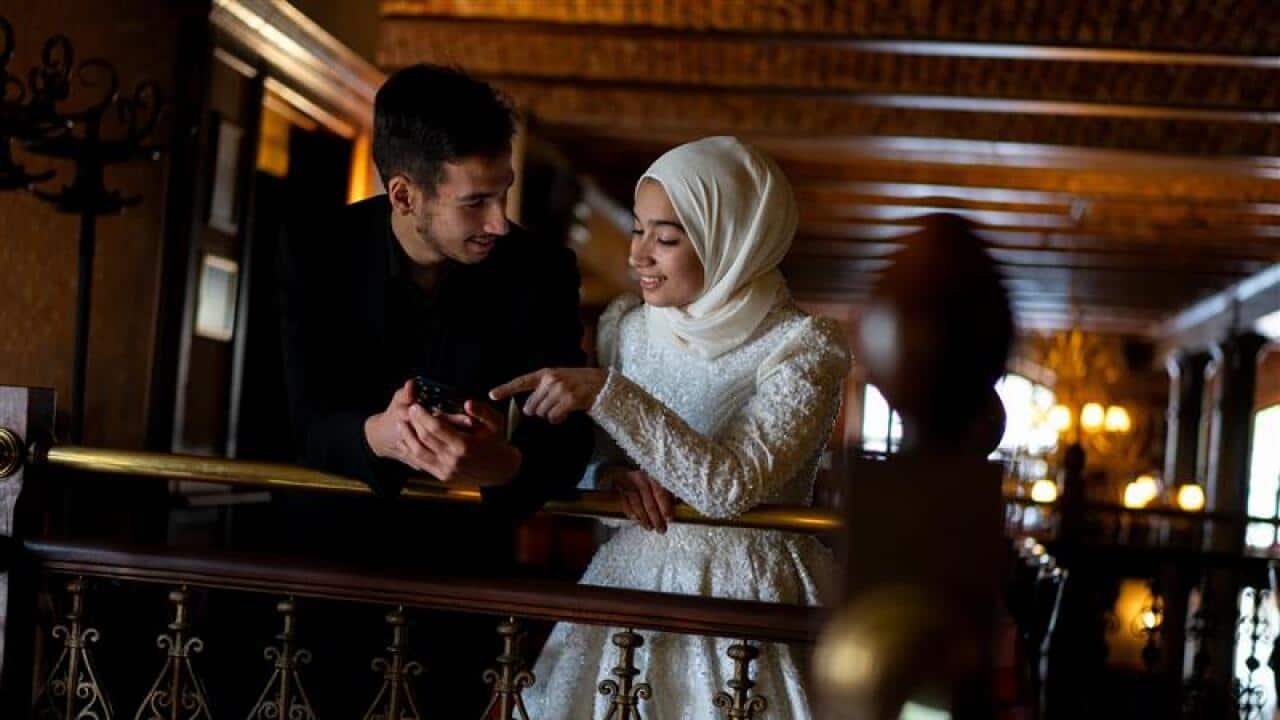Leila Rezkar, a senior official overseeing a division of foreign women inside the al-Hawl refugee camp in northern Syria, has told SBS Arabic24 that security personnel had information that the complex could come under attack in the coming days "from inside or from IS cells outside".
The camp, which is the largest of three in northern Syria held by the Syrian Democratic Forces (SDF), houses more than 70,000 women and children from families of IS members, including 66 Australians.
The allegation comes as tensions within the camp threaten to boil over after Turkey launched an offensive last week to push Kurdish-led forces away from the north-eastern border area of war-torn Syria.
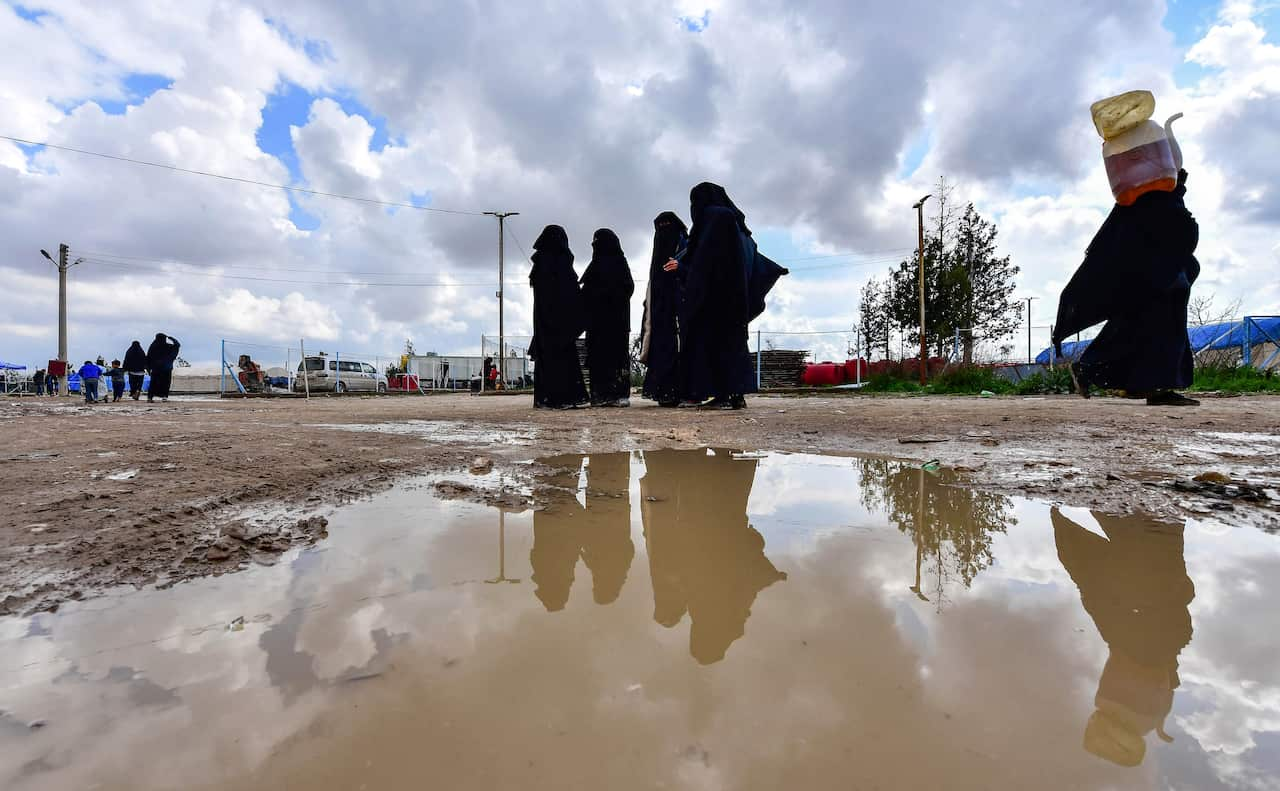
Ms Rezkar said a faction of women loyal to IS was escalating its efforts to disrupt security inside the camp.
“They are now using basic materials to make bombs and attack the security guards; we expect that the next few days could witness some explosions or assassinations in the camp,” she said.
"The situation in the camp is very dangerous especially lately, everyday women get beaten and threatened. The radical women are preparing improvised explosives using a chemical, lemon, salt, chlorine, sand, metal and glass shrapnel.
"This means that the next period will see a rise in killings, assassinations and potentially explosions."
There were reports on Sunday that hundreds of relatives of foreign members of IS had escaped from the Ain Issa displacement camp, which sits within the conflict zone.
The Kurdish administration said the Ain Issa camp was "now without guards" and 785 relatives of IS jihadists had fled.
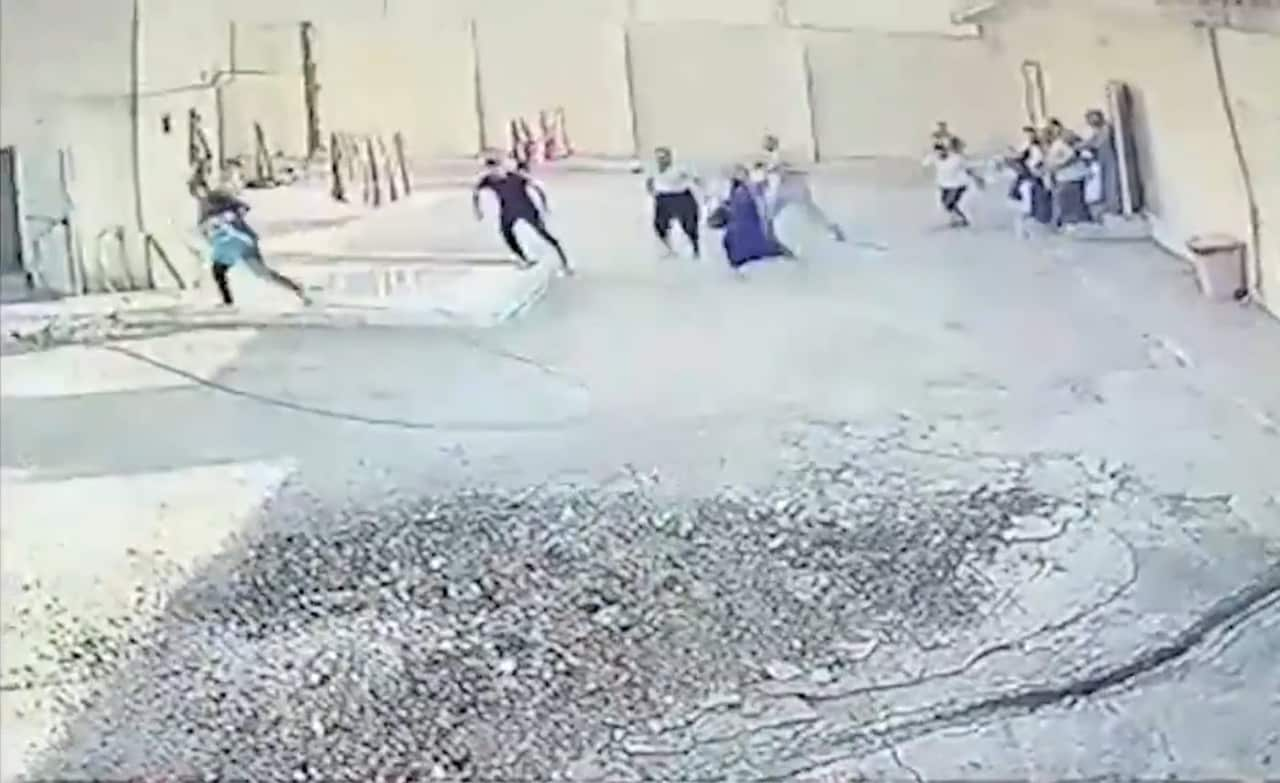
Ms Rezkar said the large size of the al-Hawl camp made it difficult for security forces to fully control, especially as "more than half" of the SDF guards made their way to the frontline in the Turkish offensive 110km to the north.
“Since the Turkish attack started, the rioting escalated and they [IS cell] threatened to burn the whole camp,” she said.
“The aid organisations have closed their offices and their staff are being attacked by the women.
“IS Sharia police also known as ‘Al-hessbah’ are active in the camp. They were operating at the beginning in a very secretive way, doing things carefully. But now Al-hessbah is active and de-facto controlling the camp. They threaten the women who don’t follow their orders, they burn their tents and threaten to kill them.”
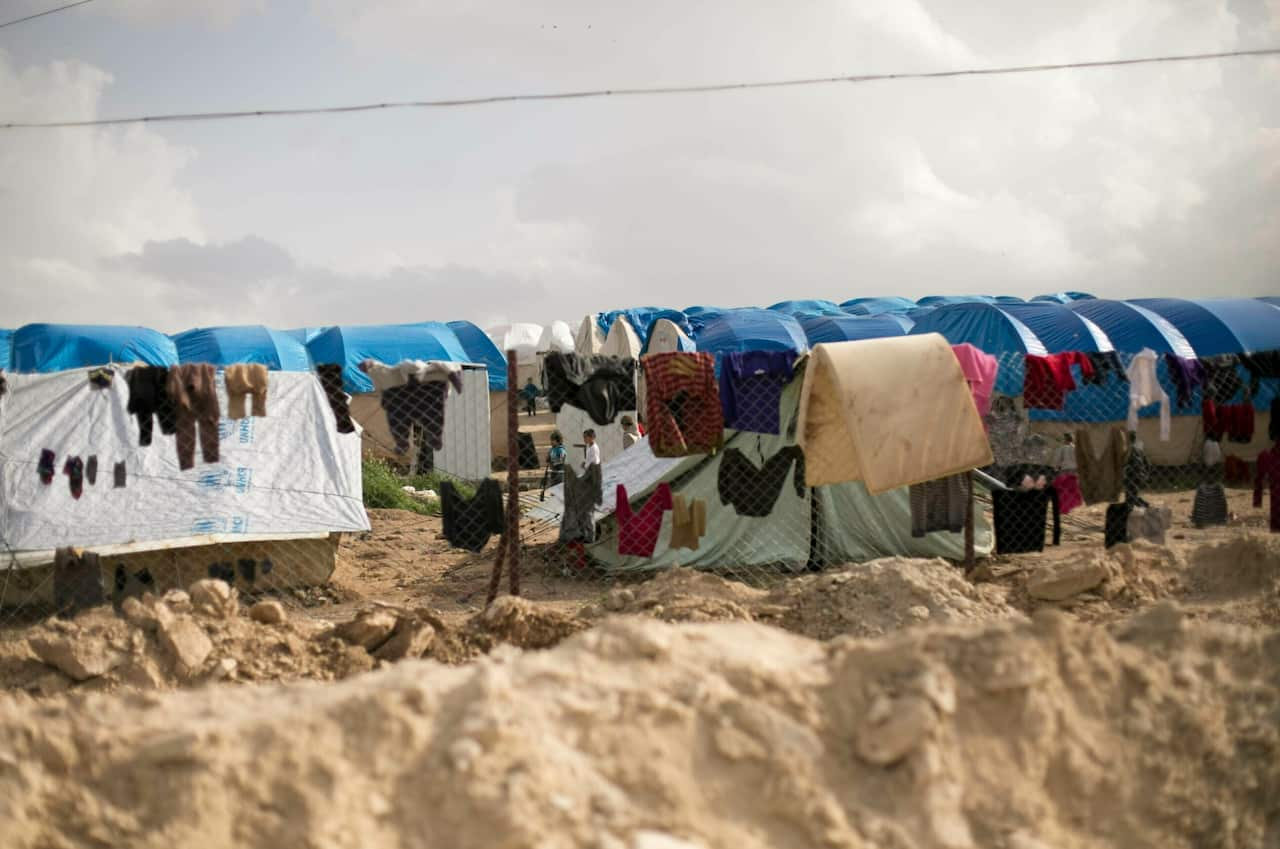
She said the IS cell was smuggling mobile phones inside the camp to spread information via a news channel they set up for foreign women, called Al-Hawl news.
“They use the [news channel] to propagate the latest attacks by IS and their activities inside the camp. In the latest post on the channel, they were threatening the local women with death if they cooperated with what they called ‘intelligence’.”
The all-black clothes that women wear in the camp made it difficult to identify cell members, and made it easier for them to hide and smuggle contraband, Ms Rezkar said.
There are currently more than 40 Australian children and 16 children being held at the al-Hawl camp. There have been calls for the federal government to facilitate their repatriation.
The US said on Sunday that President Donald Trump had ordered the withdrawal of up to 1000 troops from northern Syria -- almost the entire ground force in the war-torn country.
The Kurds -- with whom the US partnered to combat the IS -- later announced they had reached a deal with the regime in Damascus to deploy Syrian troops near the border to confront the Turkish offensive.
It was expected that Syrian troops would move in to take control of the al-Hawl camp as soon as Tuesday.


